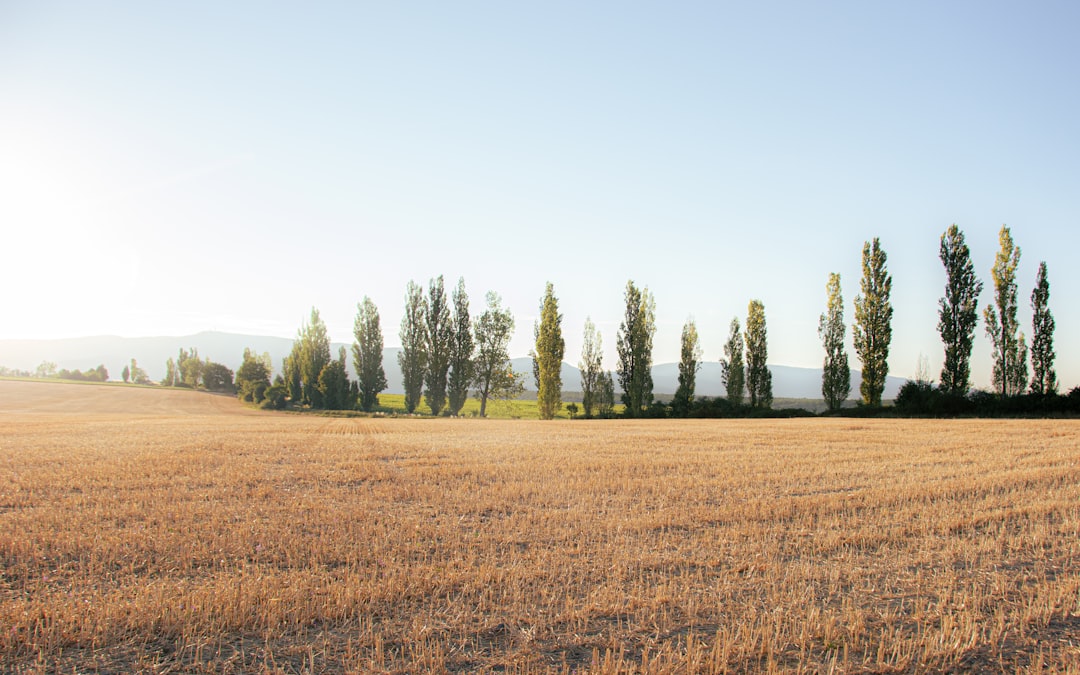
In the fast-paced world we live in, selling your land for cash may seem like the ideal route. It offers the allure of a simplified, expedited transaction free from the complications of financing snags that can beleaguer traditional real estate deals. But how do you convert land—a notoriously less liquid asset—into cash swiftly while still ensuring you're getting a fair deal?
Firstly, understand that selling land for cash is significantly different from selling a home. Land deals are often less emotional and more focused on the tangible attributes of the property, such as location, zoning, and development potential. Potential buyers will also have different questions, looking more at the land's potential for future use than at any existing structures.
To kickstart the process, you’ll need a clear understanding of your land's current market value, which means researching recent sales of comparable properties in your area. This gives you a strong foundation to negotiate and identify serious cash buyers who are prepared to make realistic offers.
Preparation is key in achieving the best possible outcome when putting your land on the market. This can involve a range of tasks, from the necessary due diligence in terms of paperwork and compliance with local regulations to the actual physical preparation of the land itself. All efforts at this stage should aim to make your land as attractive as possible to prospective buyers.
A critical starting point is ensuring your land is free from any liens or encumbrances that could hamper a sale. You'll also want to present any pertinent documents, such as recent surveys or environmental studies, which can answer potential buyer questions preemptively. If your land is undeveloped, clearing underbrush, marking boundaries clearly, and improving access can make a significant difference.
Furthermore, consider investing in minor enhancements that increase the land's appeal or usability. Although it's not necessary to make major improvements (like adding buildings), small investments such as defining potential building sites or adding pathway gravel can help buyers envision the potential of the property.

Selling land in West Virginia for cash can be a rewarding venture, but it requires careful planning and execution to ensure a smooth transaction.. Whether you're dealing with inherited property, looking to liquidate an investment, or simply moving on from a piece of land you no longer need, understanding the process is crucial.
Posted by on 2024-09-30

Selling land quickly for cash in West Virginia, or anywhere for that matter, requires a strategic approach that combines market knowledge, effective marketing tactics, and an understanding of your potential buyers.. Whether you're dealing with inherited property, looking to liquidate assets rapidly, or simply wanting to move on from a piece of land, here are some steps to help you achieve your goal efficiently. First and foremost, gaining a comprehensive understanding of the local real estate market is crucial.
Posted by on 2024-09-30

Selling land in West Virginia for cash is a venture that can be both rewarding and challenging.. The process requires strategic thinking, an understanding of the local market, and a bit of patience.
Posted by on 2024-09-30

When contemplating the market value of West Virginia land when selling for cash, we embark on a journey through a tapestry woven with natural beauty, economic factors, and cultural significance.. West Virginia, often referred to as the "Mountain State," is renowned for its rolling hills, lush forests, and picturesque landscapes.
Posted by on 2024-09-30

Opting to sell your land for cash comes with a multitude of benefits; principal among them is the expedited sales process. Without the need for mortgage approvals or complicated financing, transactions can close significantly faster, sometimes in as little as a few days. This can be particularly advantageous for sellers looking to quickly free up capital for other investments or personal use.
Cash sales also minimize the risk of sale fall-throughs. Traditional real estate transactions can collapse due to financing issues, but cash deals tend to be more secure, assuming the buyer’s proof of funds is verified. Another benefit is the reduced administrative burden, as the paperwork and closing costs associated with a cash sale are often lower than those involved in a financed deal.
Lastly, cash buyers are frequently willing to purchase land 'as-is,' meaning there's no need for the seller to invest in costly repairs or improvements before closing. This 'what you see is what you get' approach can be liberating for sellers looking to avoid further investment into their land.
Correctly pricing your land is one of the most critical stages in the selling process. Set the bar too high, and you could scare off potential buyers; too low, and you might leave money on the table that could have been in your pocket. To set the right price, it’s beneficial to consult with a real estate expert or appraiser who specializes in land sales to get an independent valuation based on similar recent sales and current market trends.
Analyzing comparables—similar properties that have sold nearby—provides valuable data on what the market is willing to pay. Also, consider the unique features of your land, such as its potential for development, resource rights, or location advantages. These can be strong selling points that justify a higher price tag.
Remember, the goal is not only to attract offers but to engage buyers who recognize the value and potential of your land. Thus, your pricing strategy should balance attractiveness to buyers with a realistic assessment of your property's worth in the existing market.


The essence of converting your land to cash culminates in finding the right buyer—one who recognizes the value of your property and is willing and able to follow through with a cash purchase. Marketing your land effectively is key to achieving this. Utilize a mix of online platforms, local real estate listings, and land sale networks to reach a diverse audience.
Potential buyers for your land can range from individual investors and developers to corporations and trusts. Understanding your buyer’s intentions can help tailor your marketing and negotiation strategies. For example, presenting zoning permissions and potential development plans may be more appealing to a real estate developer than to an individual looking for recreational land.
Networking with professionals in the real estate industry can increase your chances of finding qualified buyers. They can connect you with serious cash buyers within their network, often leading to a quicker sale and smoother transaction.
The motivation behind a cash sale is often the desire for a quick and uncomplicated closing. To ensure the transaction progresses smoothly, be prepared with all your documentation. This includes deeds, surveys, tax records, and any other relevant property information that may be required during the closing process.
Since there's no lender involved, the usual wait times for loan processing and approval are eliminated, allowing for a potentially rapid closing, sometimes within a week. Be proactive in working with a title company or attorney to manage the closing process, ensuring all legal requirements are met and that the transfer of ownership is executed flawlessly.
Moreover, maintain open communication with the buyer and be prepared to tackle any issues head-on should they arise. A flexible mindset will serve you well in this stage, as negotiations may still continue until the final documents are signed.

After successfully selling your land for cash, you may encounter a range of new considerations. One primary decision revolves around the reinvestment or allocation of your newfound liquidity. It may be wise to consult with a financial advisor to explore options that align with your financial goals and strategies.
Furthermore, it is crucial to understand the tax implications of your land sale. Depending on the jurisdiction and how long you've held the asset, you may be liable for capital gains tax. Ensure you understand these obligations and plan accordingly so there are no surprises after the sale.
Lastly, maintain records of the sale and any related documents. They can be invaluable for any future financial planning, tax preparation, and to resolve any discrepancies that may arise after the transaction is complete.
In conclusion, while selling land for cash can be a straightforward process, it's one that necessitates careful planning, a solid strategy, and a keen understanding of the financial and legal nuances involved. By adhering to the guide provided and retaining expert advice when needed, you can maximize the benefits of your cash land sale and navigate any challenges with confidence. Your land embodies potential, and with the right approach, that potential can be optimally realized through a successful cash transaction.

Sellers typically cover transfer taxes and recording fees; negotiations may adjust cost responsibilities.
You will need a deed, property survey, tax information, and any existing liens or easements documentation.
Access to water, electricity, sewage, and roads can significantly increase the attractiveness and value of your property.
The physical characteristics of your land influence its usability for farming, construction, or other purposes.